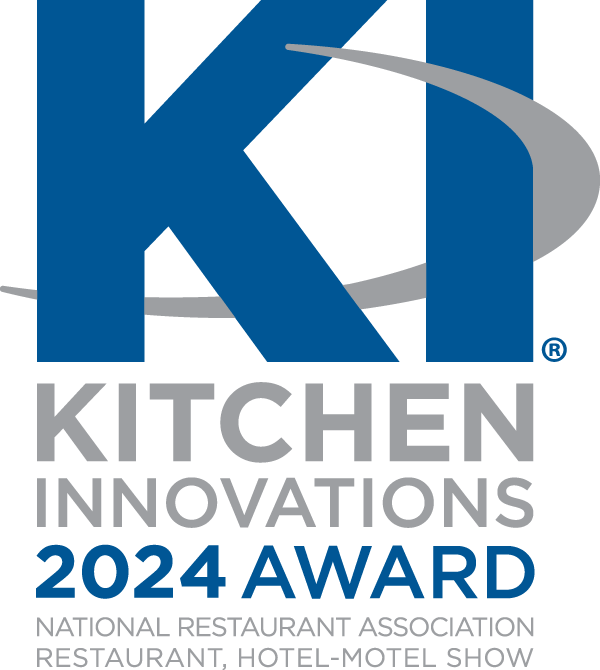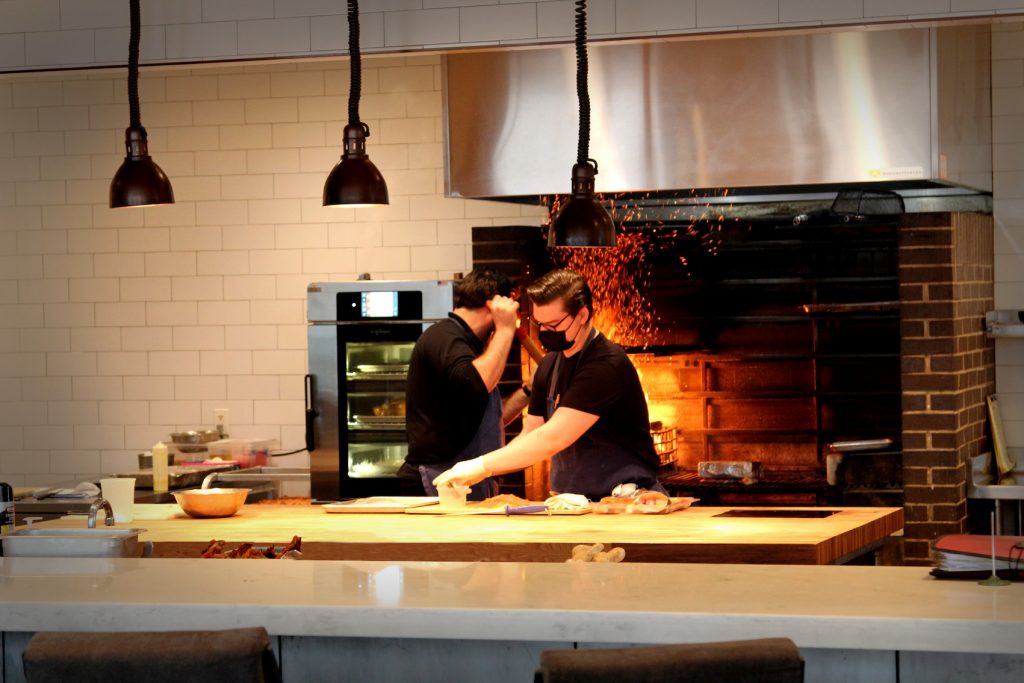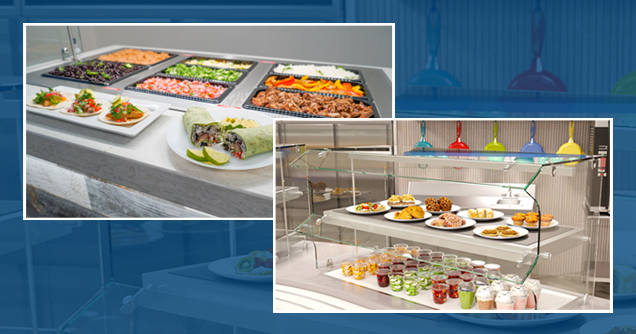
When I took on the topic of ghost kitchens, I was not sure what angle to take, so I started with a simple Google search. On the first results page, two articles by two different reputable food publications caught my eye. One, on GrubStreet, was titled “Ghost Kitchens Will Always Be Dumb”, whereas the other one, on Bon Appétit, was titled “Ghost Kitchens Might Be The Future Of Restaurants”.
Many of the other articles Google surfaced also seem to fall on either side of that divide (although many distractors might not go quite as far as the GrubStreet article). Why, I thought to myself, is this topic so polarizing? Can’t ghost kitchens just be, without having to either be “the future” or “dumb”?
Let’s start at the beginning. What is a ghost kitchen? Although the opinions differ somewhat, the phrase is most commonly used to describe delivery-only businesses (often really just chefs) that operate out of large commercial kitchens in which they rent workstations. Occasionally, the companies behind these large commercial kitchens will even take care of the cooking, the distribution and so on, meaning the aspiring ghost kitchens owners won’t have to do much more than provide the recipes.
Ghost kitchens are distinguished from virtual restaurants, which refers to restaurants with existing locations augmenting their menus with delivery-only items, which they might or might not market separately. In reality, these two terms are often used interchangeably to describe delivery-only business, and from a customer’s perspective they might as well be interchangeable.
A question of quality?
Readers might now be wondering why some people, such as the author behind the previously mentioned GrubStreet article, seem to have it out for ghost kitchens? Most of the criticism seems to come down to the notion that food that is being delivered is not as good as food that is being served on location. So, whereas restaurants that also happen to deliver at least provide the option of eating superior versions of their dishes on location, ghost kitchens do not, and thereby lower quality standards across the boards. Or so the critics say.
Of course, in reality the quality of delivery-only food has a lot to do with the kind of dishes on offer, as well as the packaging being used. A blanket dismissal therefore seems silly. Additionally, why these criticisms aren’t levelled at take-away only businesses – which have been around forever, often build loyal customer bases and gather critical acclaim – I don’t know. My guess is that the hype around ghost kitchens, which results in hyperbolic descriptions of them as the future, has something to do with it.
Some of the hype is justified. More so than even traditional take-away and delivery businesses, they are a flexible, low-cost alternative to “real restaurants” for aspiring entrepreneurs and therefore make the foodservice industry more accessible. Needless to say, in a pandemic-stricken world, they have also shown to be more resilient, as there were no dining rooms to be closed to begin with. In fact, for many restaurants, walking away from their actual restaurants and opening ghost kitchens is what allowed them to live to fight another day – a day which very well might include traditional restaurants again.
Another advantage of ghost kitchens – one which I haven’t seen described as much – is that they allow chefs to become entrepreneurs without having to become restaurateurs. This, to me, is crucial, as it is my belief that many restaurants do not quite work (and subsequently probably fail) because they are being run by people that might be great chefs, but bad restaurateurs. Although some people can be both, the two are not the same. The trend to conflate these roles has been bad for the industry. More so than even traditional take-away businesses, the rise of ghost kitchens offers some relief in this context.
None of this is to say that ghost kitchens will replace restaurants. They won’t. Nothing can. Referring to ghost kitchens as the future is therefore misguided. Dismissing them is just as misguided, however. At the end of the day, ghost kitchens are just another model – alongside traditional restaurants, take-away restaurants, etc. – with advantages and disadvantages. It’s time for the discourse to reflect that.
Marius Zürcher
About the author:
The co-owner & founder of start-up 1520 in Apeldoorn, Netherlands, Marius Zürcher was a participant at FCSI’s ‘Millennials’ focused roundtable at INTERGASTRA 2018.




